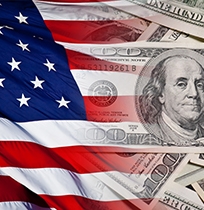Abstract
Recent empirical work has offered strong support for ‘biased pluralism’ and ‘economic elite’ accounts of political power in the United States, according a central role to interest groups as a mechanism through which corporate influence is exerted. Here, we propose an additional channel of influence for corporate interests: the ‘policy-planning network,’ consisting of corporate-dominated foundations, think tanks, and elite policy-discussion groups. To evaluate this assertion, we coded the policy preferences of one key policy-discussion group, the Council on Foreign Relations (CFR), on 295 foreign policy issues during the 1981-2002 period. In logistic regression analyses, the preferences of economic elites and the CFR were positive, statistically significant predictors of foreign policy outcomes while interest group preferences were not. These findings were further supported with a qualitative investigation of the patterns of CFR ‘successes’ and ‘failures.’ We conclude that ‘biased pluralism’ models should include corporate influence exerted through the policy-planning network.



